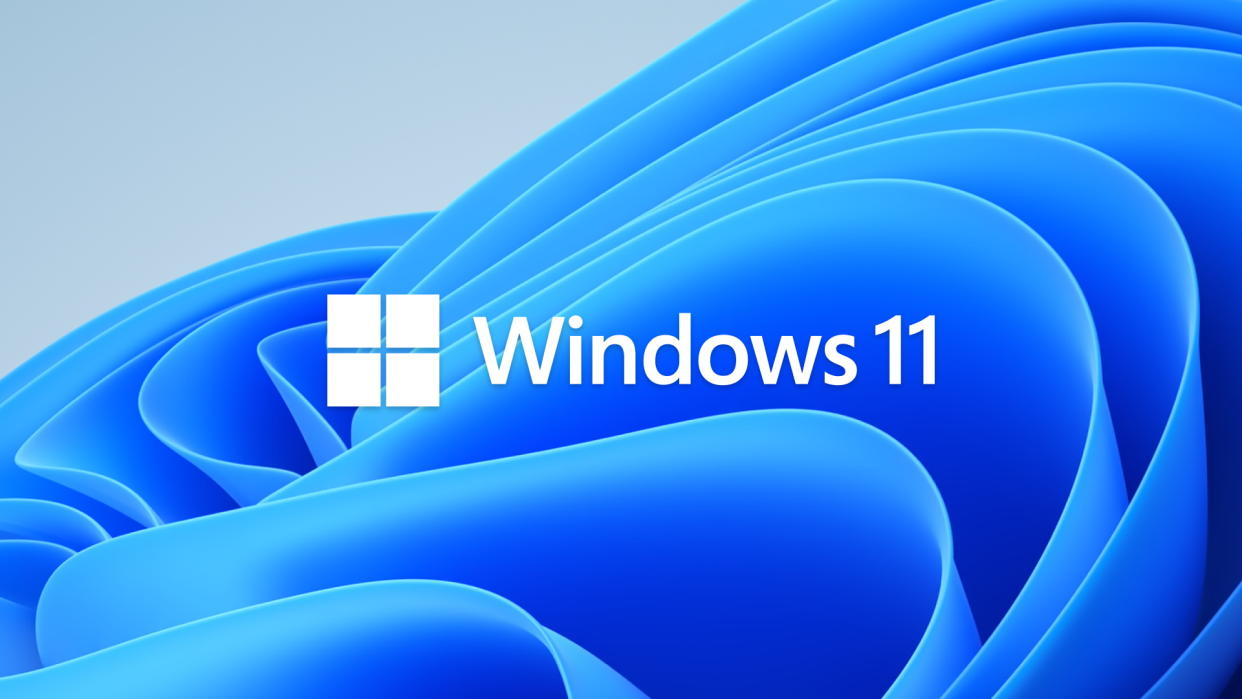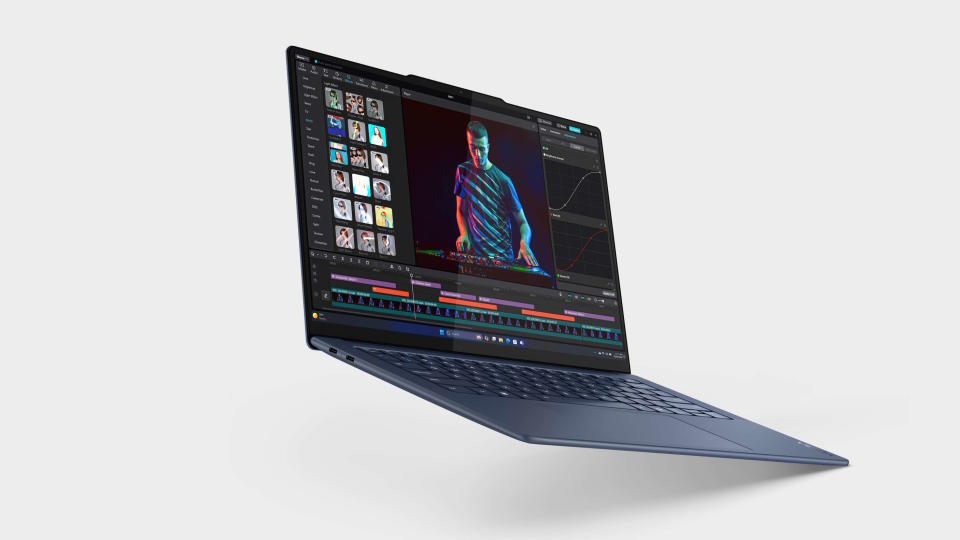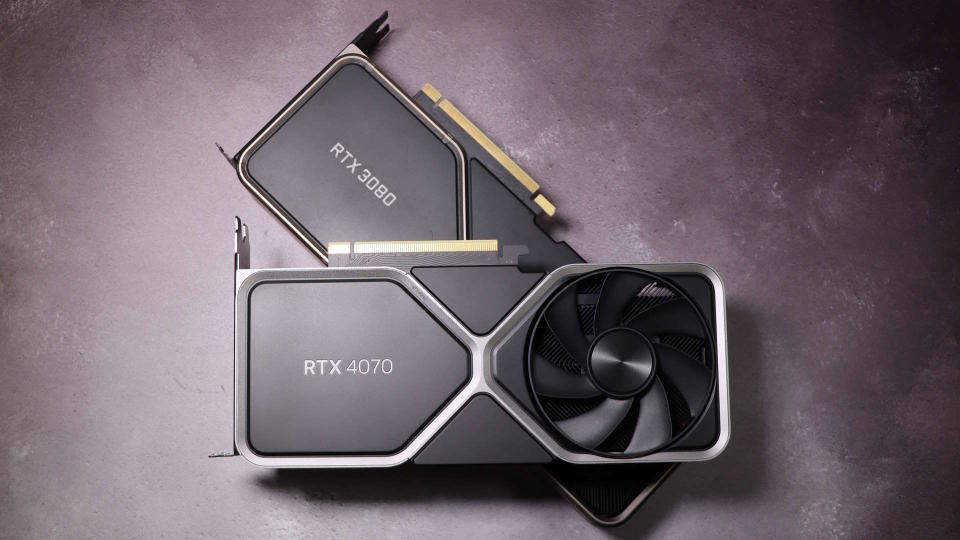Microsoft reckons its new Prism x86 emulation for Arm PCs is as good as Apple's Rosetta

So, the Arm revolution on the PC is almost here, what with the first Windows laptops packing the supposedly radical new Qualcomm Snapdragon X Elite chip arriving on June 18. But if there is a big question mark hanging over the whole endeavour, it's emulation. More specifically, will the X Elite be any good at running old x86 Windows code?
By that we mean the vast, vast majority of existing software and apps for Windows, since Windows has overwhelmingly been an OS running on x86 CPUs. We know that some keys apps including the Chrome browser and Adobe Photoshop will be available in native Arm format for X Elite laptops from day one. But what about everything else?
It'll all have to run in emulation mode courtesy of a new translation layer known as "Prism" in the upcoming 24H2 update for Windows 11. Prism will convert code on the fly from x86 to Arm. This isn't a new concept, and indeed Windows for Arm has supported x86 emulation for years. It just hasn't been much good.
By contrast, Apple's Rosetta 2 emulation layer for its Apple silicon Macs is pretty impressive. Apple silicon, of course, is Arm-based and replaced the Intel x86 era of Macs. So, there's a direct comparison to be made between Microsoft's Prism and Apple's Rosetta 2.
Just for context, the original Rosetta translation layer helped smooth over Apple's earlier transition from PowerPC CPUs to Intel x86 back in 2006. Of course, "Rosetta" is named after the Rosetta Stone, an ancient tablet inscribed with three versions of the same text written in Greek, Demotic and Egyptian hieroglyphs and which has been key to decoding Demotic script and ancient hieroglyphs.
Anywho, Microsoft is making some bullish claims for Prism, though most of them are either a bit vague or hard to fully gauge. According to Ars Technica, for instance, Microsoft thinks Prism will do for Arm PCs what Rosetta did for Macs and that Prism's performance and efficiency will be similar to Rosetta's.
Microsoft specifically says that, "the powerful new Prism emulation engine delivers a 2x performance boost compared to Surface Pro 9 with 5G." But is that down to both the hardware and improved emulation. Microsoft also claims that Prism will run code 10 to 20% faster on existing Arm chips than its previous emulation layer, so older Windows Arm devices like the Surface Pro 9 will get a bit of a boost.
Both performance and efficiency are key, of course. Emulated software is notoriously bad for battery life, so power-efficient code translation would be a huge benefit.

But perhaps the most important element in all of this is that the 24H2 update for Windows 11 and Prism itself is specifically optimised for the X Elite chip. Again, the Apple comparison is revealing here.
Apple's Arm-based chips have hardware features and optimisations designed to improve x86 emulation. For instance, the way Arm and x86 order memory is based on different models, known as weak and strong respectively. Apple silicon incorporates both models and that makes a big difference for performance and efficiency.
What's not known and would be very interesting to find out is if the Snapdragon X Elite has similar hardware features to support x86 emulation. The main reason to think it might, aside from the fact that it would be a benefit, is that the X Elite's CPU cores originate from a start up called Nuvia, which Qualcomm acquired in 2021.
Your next upgrade

Best CPU for gaming: The top chips from Intel and AMD.
Best gaming motherboard: The right boards.
Best graphics card: Your perfect pixel-pusher awaits.
Best SSD for gaming: Get into the game ahead of the rest.
But here's the real kicker. Prior to co-founding Nuvia in 2019, its CEO Gerard Williams was none other than Chief CPU architect at Apple for nearly a decade. The company was staffed by other former Apple engineers involved in the company's tranistion to Arm. Safe to say Nuvia and therefore Qualcomm knows all about the special sauce in Apple silicon that makes emulation run so well.
Exactly how good the X Elite will be remains to be proven. Qualcomm has previously claimed that even games will "just work" on the X Elite and we recently found that the MacBook AIr can be surprisingly good for gaming in some narrow scenarios. But there's much to be proven. The big problem for Qualcomm is that it must rely on Microsoft to do its job properly whereas Apple has total control over the whole hardware and software stack. And Microsoft's track record in this area isn't exactly stellar.
All we can say for sure is that emulation performance will be key to the X Elite's success and in turn the prospects for Arm chips in the PC.

 Yahoo News
Yahoo News 
